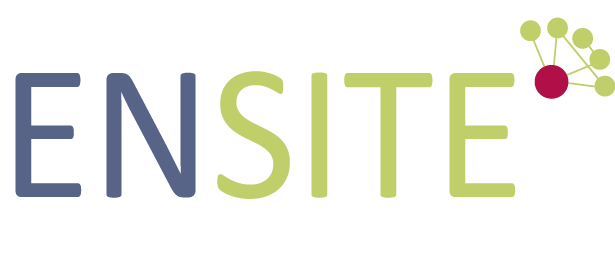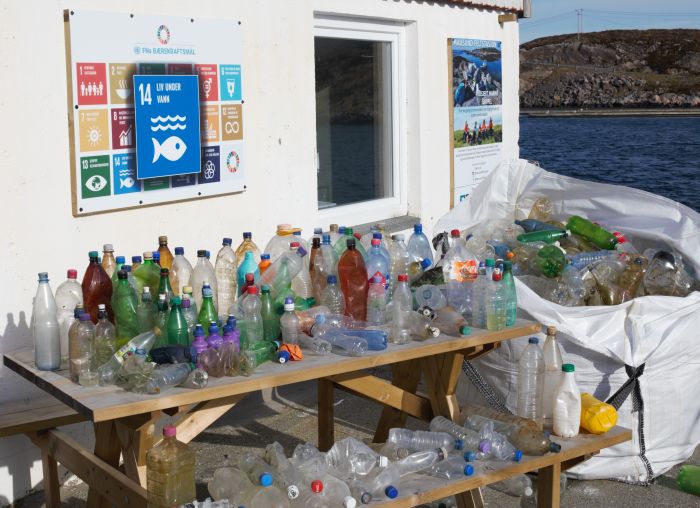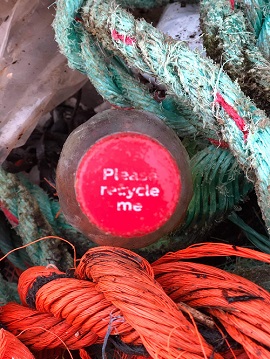ENSITE materials for future science and maths teachers
Our ENSITE project produces various materials for Higher Education of future science and maths teachers. All materials train future science and maths teachers to connect their lessons to controversial societal issues in various environmental contexts. Why? Because, when it comes to a healthy environment and future, there is no such thing as active and critical societal engagement without having competences in maths and science!


Photo: Mausund Feltstasjon
Our newest materials are on the topic PLASTIC. Schools and teachers have an important role to increase the knowledge and awareness among the younger generations about (micro) plastic as a global threat to our environment; and particularly waters like oceans, lakes, and streams.
The main storyline of the materials is the life cycle of plastic bottles by demonstrating three cases: recycling, marine garbage and landfill. Future teachers learn to identify different dimensions of the issues at hand (historically, economically, socially, and environmentally). They will be trained to discuss plastic in their own lessons, use inquiry-based learning approaches to approach the topic, learn to set up socio-scientific issues on plastics in their lesson contexts, and teach their pupils to identify and argue for different perspectives of plastic issues. This includes fostering attitudes and action competence as important parts of children’s journey to be responsible citizens.
In the longer run, we expect an awareness among future science and maths teachers – and thus their students at school – of sustainable development and how science and maths can contribute to it.

Photo: Mausund Feltstasjon

